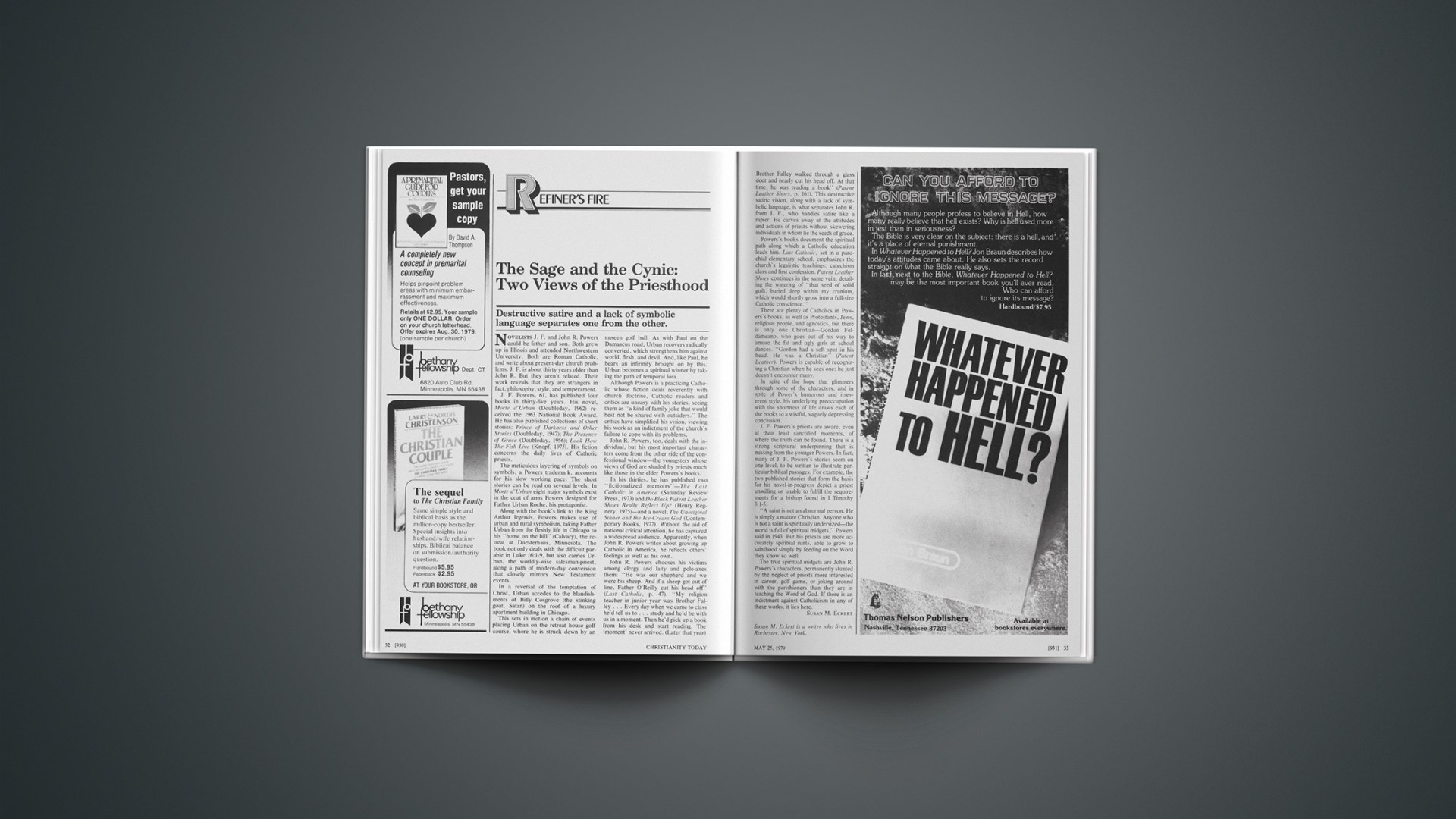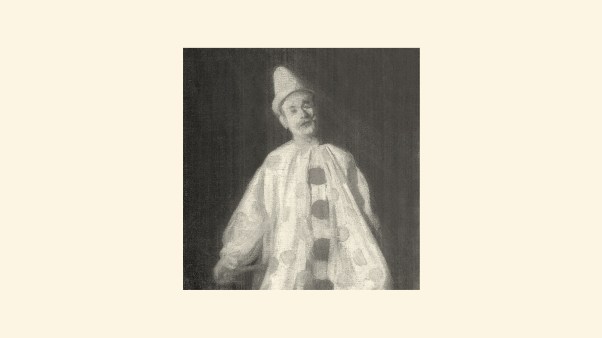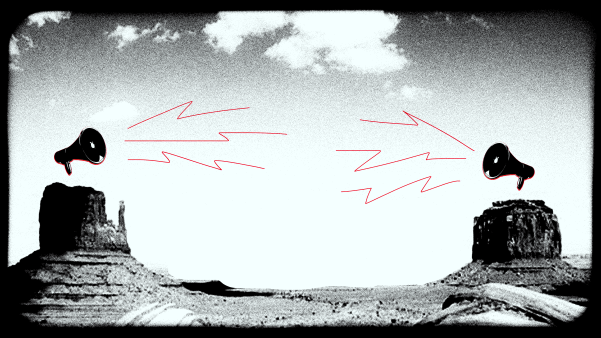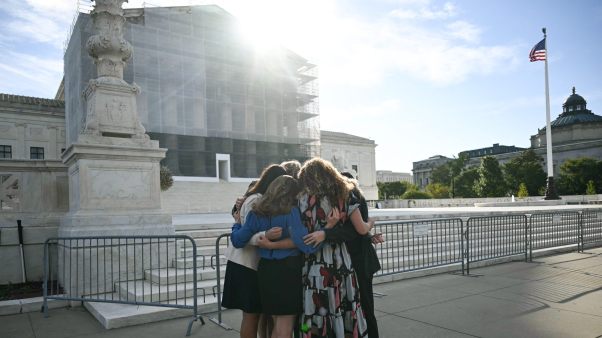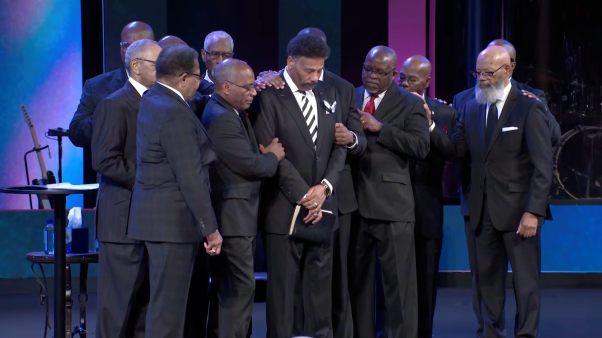Destructive satire and a lack of symbolic language separates one from the other.
Novelists J. F. and John R. Powers could be father and son. Both grew up in Illinois and attended Northwestern University. Both are Roman Catholic, and write about present-day church problems. J. F. is about thirty years older than John R. But they aren’t related. Their work reveals that they are strangers in fact, philosophy, style, and temperament.
J. F. Powers, 61, has published four books in thirty-five years. His novel, Morte d’Urban (Doubleday, 1962) received the 1963 National Book Award. He has also published collections of short stories: Prince of Darkness and Other Stories (Doubleday, 1947); The Presence of Grace (Doubleday, 1956); Look How The Fish Live (Knopf, 1975). His fiction concerns the daily lives of Catholic priests.
The meticulous layering of symbols on symbols, a Powers trademark, accounts for his slow working pace. The short stories can be read on several levels. In Morte d’Urban eight major symbols exist in the coat of arms Powers designed for Father Urban Roche, his protagonist.
Along with the book’s link to the King Arthur legends, Powers makes use of urban and rural symbolism, taking Father Urban from the fleshly life in Chicago to his “home on the hill” (Calvary), the retreat at Duesterhaus, Minnesota. The book not only deals with the difficult parable in Luke 16:1–9, but also carries Urban, the worldly-wise salesman-priest, along a path of modern-day conversion that closely mirrors New Testament events.
In a reversal of the temptation of Christ, Urban accedes to the blandishments of Billy Cosgrove (the stinking goat, Satan) on the roof of a luxury apartment building in Chicago.
This sets in motion a chain of events placing Urban on the retreat house golf course, where he is struck down by an unseen golf ball. As with Paul on the Damascus road, Urban recovers radically converted, which strengthens him against world, flesh, and devil. And, like Paul, he bears an infirmity brought on by this. Urban becomes a spiritual winner by taking the path of temporal loss.
Although Powers is a practicing Catholic whose fiction deals reverently with church doctrine, Catholic readers and critics are uneasy with his stories, seeing them as “a kind of family joke that would best not be shared with outsiders.” The critics have simplified his vision, viewing his work as an indictment of the church’s failure to cope with its problems.
John R. Powers, too, deals with the individual, but his most important characters come from the other side of the confessional window—the youngsters whose views of God are shaded by priests much like those in the elder Powers’s books.
In his thirties, he has published two “fictionalized memoirs”—The Last Catholic in America (Saturday Review Press, 1973) and Do Black Patent Leather Shoes Really Reflect Up? (Henry Regnery, 1975)—and a novel, The Unoriginal Sinner and the Ice-Cream God (Contemporary Books, 1977). Without the aid of national critical attention, he has captured a widespread audience. Apparently, when John R. Powers writes about growing up Catholic in America, he reflects others’ feelings as well as his own.
John R. Powers chooses his victims among clergy and laity and pole-axes them: “He was our shepherd and we were his sheep. And if a sheep got out of line, Father O’Reilly cut his head off” (Last Catholic, p. 47). “My religion teacher in junior year was Brother Falley … Every day when we came to class he’d tell us to … study and he’d be with us in a moment. Then he’d pick up a book from his desk and start reading. The ‘moment’ never arrived. (Later that year) Brother Falley walked through a glass door and nearly cut his head off. At that time, he was reading a book” (Patent Leather Shoes, p. 161). This destructive satiric vision, along with a lack of symbolic language, is what separates John R. from J. F., who handles satire like a rapier. He carves away at the attitudes and actions of priests without skewering individuals in whom lie the seeds of grace.
Powers’s books document the spiritual path along which a Catholic education leads him. Last Catholic, set in a parochial elementary school, emphasizes the church’s legalistic teachings: catechism class and first confession. Patent Leather Shoes continues in the same vein, detailing the watering of “that seed of solid guilt, buried deep within my cranium, which would shortly grow into a full-size Catholic conscience.”
There are plenty of Catholics in Powers’s books, as well as Protestants, Jews, religious people, and agnostics, but there is only one Christian—Gordon Feldameano, who goes out of his way to amuse the fat and ugly girls at school dances. “Gordon had a soft spot in his head. He was a Christian” (Patent Leather). Powers is capable of recognizing a Christian when he sees one; he just doesn’t encounter many.
In spite of the hope that glimmers through some of the characters, and in spite of Power’s humorous and irreverent style, his underlying preoccupation with the shortness of life draws each of the books to a wistful, vaguely depressing conclusion.
J. F. Powers’s priests are aware, even at their least sanctified moments, of where the truth can be found. There is a strong scriptural underpinning that is missing from the younger Powers. In fact, many of J. F. Powers’s stories seem on one level, to be written to illustrate particular biblical passages. For example, the two published stories that form the basis for his novel-in-progress depict a priest unwilling or unable to fulfill the requirements for a bishop found in 1 Timothy 3:1–5.
“A saint is not an abnormal person. He is simply a mature Christian. Anyone who is not a saint is spiritually undersized—the world is full of spiritual midgets,” Powers said in 1943. But his priests are more accurately spiritual runts, able to grow to sainthood simply by feeding on the Word they know so well.
The true spiritual midgets are John R. Powers’s characters, permanently stunted by the neglect of priests more interested in career, golf game, or joking around with the parishioners than they are in teaching the Word of God. If there is an indictment against Catholicism in any of these works, it lies here.
Susan M. Eckert is a writer who lives in Rochester, New York.

